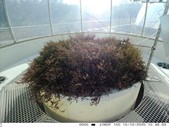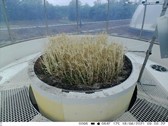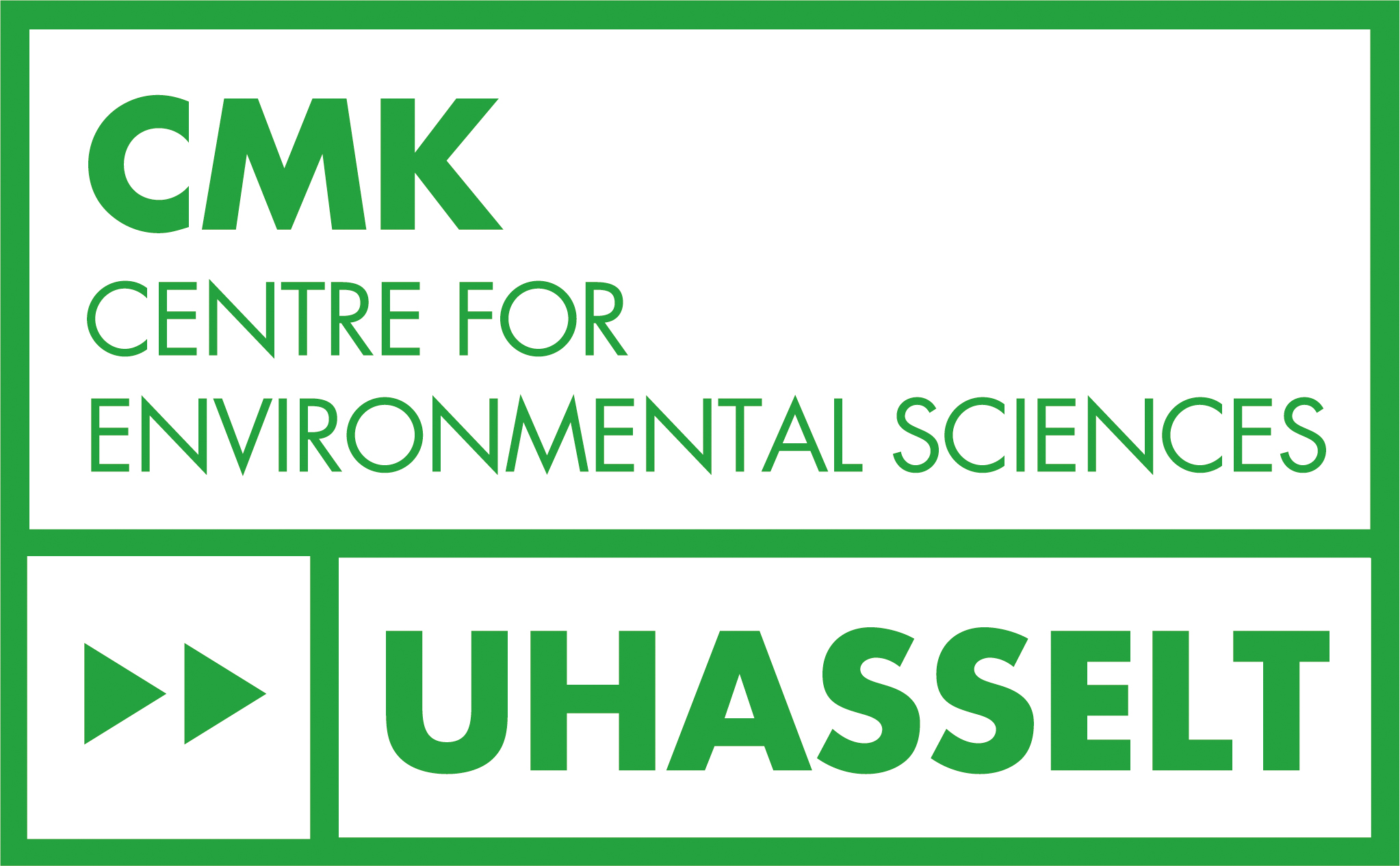Ecotron Experiments


Impacts of climate change on functioning of heathland ecosystems
European heathlands are unique natural landscapes, providing wide range of ecosystem services. This experiment simulates the effect of future climate on the functioning of the heathland ecosystem, and the consequences for society. Large plots of 9 year-old heathland of Mechelse Heide are located in mesocosms and subjected to 6 distinct past and future climate scenarios ranging from the climate of 1950 to the climate of 2070. In this long-term experiment we assess climate impacts on biodiversity, carbon, nutrient and water cycles and vegetation ecophysiology of heathland ecosystem. We are particularly interested in the role of soil microorganisms in the processes carbon sequestration, and how those are affected by climate change. Click here to meet the project consortiums and to learn about the ecosystem functioning assessments that we conduct.

BioFoodOnMarS – crop production on marginal soils EU FACCE -funded project
Marginal lands are left aside from agricultural use, because they it is too poor, too polluted, or too dry to be profitable. This represents a large area in Europe, more than 38.5 million Ha. On the other hand, there is ever increasing pressure on arable land, to be able to feed the increasing world population. In this project we assess if we can we make this marginal land attractive again for food or feed production? If yes, how? And can we do that with a minimal C footprint?
This project involves several research groups from Estonia, Germany, France, Poland, Lithuania, and UHasselt. All partners have experimental sites where they do amendment trials on marginal soils, and at the Ecotron we test the potential of these amendments for climate adaptation and climate change mitigation.
Here we subject the crops to the RCP 8.5 scenario of 2070. See here for more information.
We assess
- potential of enhancing weathering technologies (more info) on soil carbon sequestration in future climate, and
- potential of Si amendments to stimulate plant drought and pathogen resistance. Click here to meet the project consortium and to learn about the ecosystem functioning assessments that we conduct.

QPear experiment
Pear fruit production is among the core agricultural industries of Europe. In this project we assess how growth of pear trees, pear quality and functioning of the pear orchard agri-ecosystems will be affected by future climate. The experiment will start in the autumn of 2022. Click here to meet the project consortium and to learn about the ecosystem functioning assessments that we conduct.

